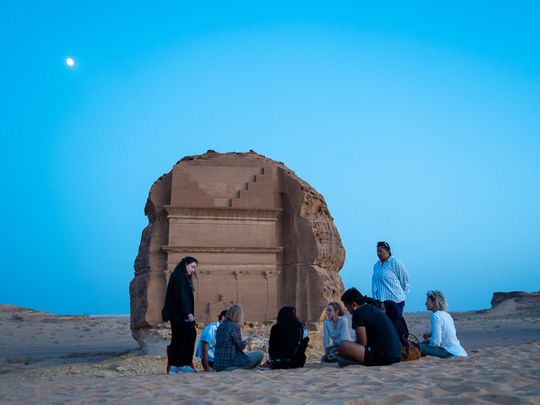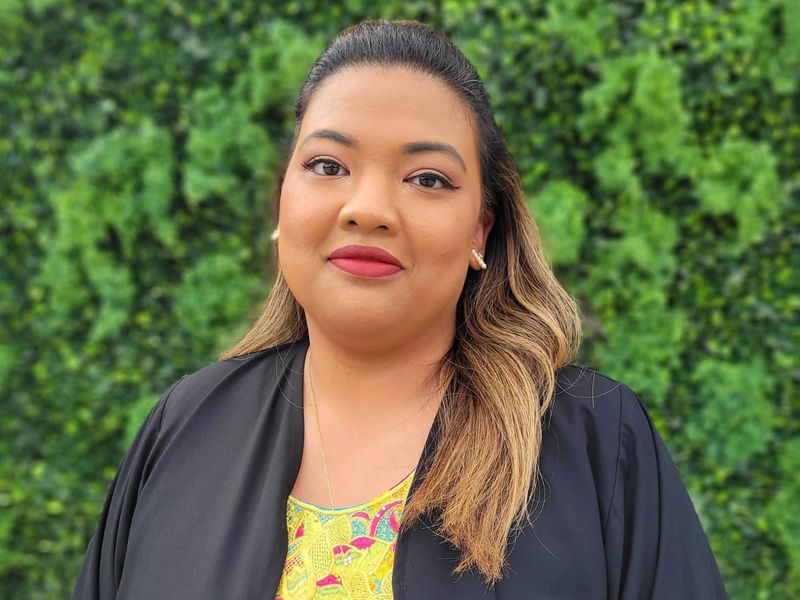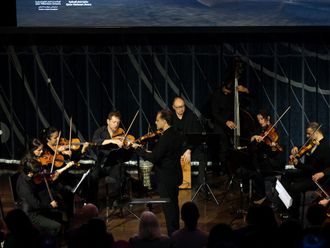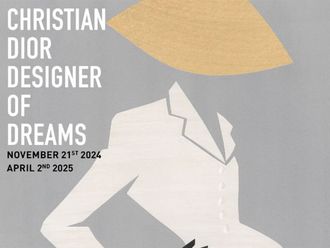
AlUla has just announced a new 12-week artist residency programme with six artists selected to work on site until the end of the year.
Already in its third week the artist residency aims to nurture creativity and community engagement between the artists, the scientists and the local community of residents living in AlUla.
The six participating artists were chosen from an initial list of 35 applicants, with a role of transforming AlUla and contributing to the rebirth of its oasis. The artists will collaborate with the on-site archaeologists, botanists, water specialists, craftsmen, oasian agro-systems specialists, and perfume scientists to learn about the local heritage and culture. Three of them are men, and three of the six artists are women, hailing from Saudi Arabia, France, Morocco, Philippines, and the UAE. They are Mohammad Alfaraj, Sabine Mirlesse, M'hammed Kilito, Augustine Paredes, Dr. Afra Atiq, and Daniah Alsaleh.

“The latest Artist Residency will build on the foundations of our pilot programme, and is our next step in shaping the ever-evolving legacy of AlUla,” said Nora Aldabal, Executive Director of Arts and Creative Industries, Royal Commission for AlUla (RCU). “The local community of AlUla and the artists will both play fundamental roles in combining the essence of place, local histories and artistic skill. Additionally, whatever their angle of approach or their preferred technique, this research residency will offer these six artists an exceptional and inimitable field of investigation.”
The six artists will have a multi-disciplinary approach to the programme undertaking practices in visual arts, mixed media, installations, poetry, performance and documentary photography, with a showcase of their collective research planned for December in an Open Studio.
“The artist residency programme will give these six artists the most precious commodity of all, which is time,” said Iwona Blazwick, Chair of the Public Art Expert Panel, RCU. “It’s an opportunity to leave everything they are familiar with behind, and in turn negotiate a place and community that is completely new. The ambition is twofold - to create dialogue that transcends geo-politics and cultural differences, and to see what happens when you invite someone from outside into this rich environment.”






